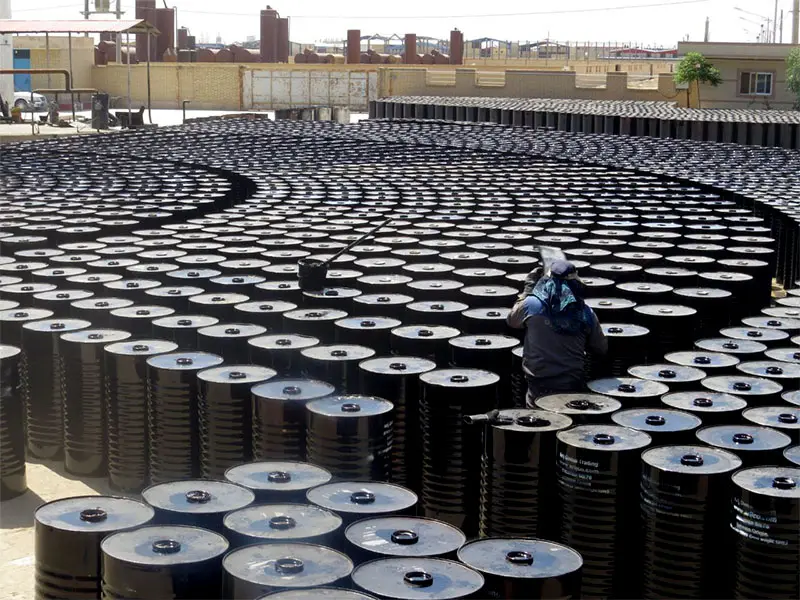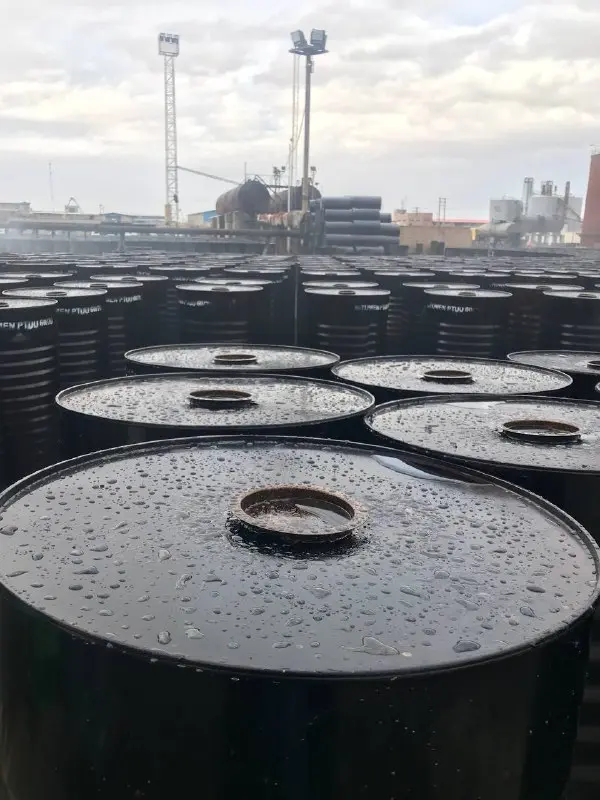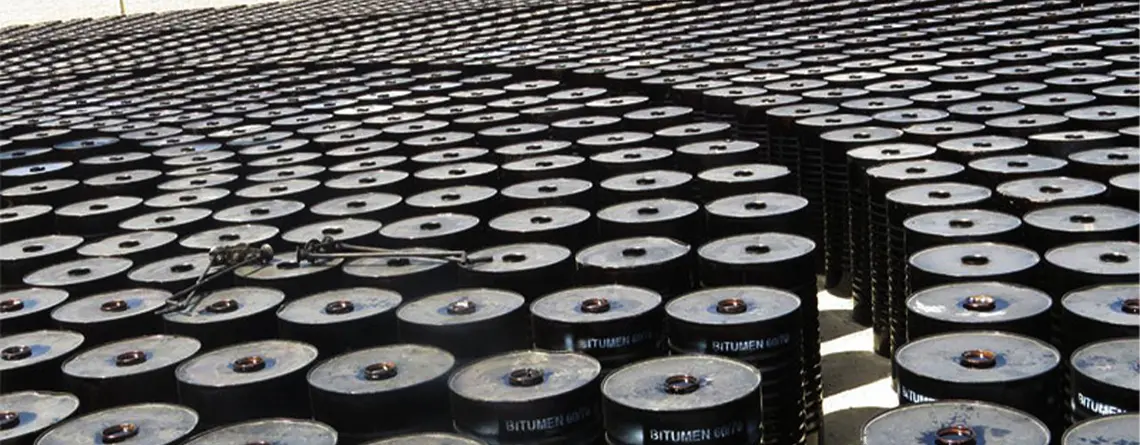Introduction
Bitumen 60/70 is a commonly used grade of bitumen in various construction and infrastructure projects. The quality and suitability of bitumen 60/70 are determined by its physical properties and specifications, which are obtained through rigorous bitumen testing methods.

Characteristics of bitumen 60/70
In addition to the penetration test, which measures the hardness of the bitumen, several other tests are conducted to specify the characteristics of bitumen 60/70. These tests provide crucial information about its performance and suitability for different applications. Let’s explore these tests in more detail:
Viscosity Test:
Viscosity is the measure of a fluid’s resistance to flow. The viscosity test determines the flow characteristics of bitumen 60/70, which is important for ensuring proper handling and application during construction processes. The viscosity of bitumen 60/70 can be tailored to meet specific project requirements.
Softening Point Test:
The softening point of bitumen is the temperature at which it becomes soft and pliable. This test helps assess the temperature sensitivity and workability of bitumen 60/70. According to the ASTM D36 method, the softening point of bitumen 60/70 typically falls within the range of 49 to 56 °C. This information is vital for determining the appropriate usage and storage conditions of the bitumen.
Ductility Test:
Ductility refers to the ability of bitumen to stretch without breaking. The ductility test measures the distance in centimeters to which a standard briquette of bitumen can be stretched before it breaks. A minimum ductility value of 100 cm is often specified for bitumen 60/70 to ensure its durability and resilience under stress.
Loss on Heating Test:
The loss on heating test evaluates the bitumen’s resistance to temperature-related changes. It measures the weight loss of bitumen samples when heated under controlled conditions. The maximum acceptable value for loss on heating in bitumen 60/70 is typically set at 0.2%, indicating its stability at elevated temperatures.
Flash Point Test:
The flash point of bitumen is the lowest temperature at which its vapors can ignite in the presence of an open flame or spark. This test determines the safety aspects associated with handling and storage of bitumen. For bitumen 60/70, the flash point is typically specified to be not less than 250 °C, ensuring a high level of fire resistance.
Apart from these tests, density is another important factor in bitumen 60/70 specifications. Density refers to the mass per unit volume of bitumen, and it influences the quantity calculations during project planning and material procurement. According to the ASTM D70 method, the density of bitumen 60/70 is approximately 1.0344 g/cm³.
By adhering to these rigorous testing methods and specifications, suppliers of bitumen 60/70 can ensure consistent quality and meet the specific requirements of their valued customers. These specifications serve as essential guidelines for construction professionals to select the appropriate bitumen grade for their projects, ensuring optimal performance and long-term durability.

bitumen 60/70 specifications
Please refer to the table below for a summary of bitumen 60/70 specifications:
Specification of Bitumen Penetration Grade 60/70
| Characteristics | Test Method | Unit | Min. | Max. |
|---|---|---|---|---|
| Specific Gravity at 25°C | 70 | °C | 1.01 | 1.06 |
| Penetration at 25°C, 100g, 5s | 5 | mm | 60 | 70 |
| Softening Point | 36 | °C | 46 | 56 |
| Ductility at 25°C | 113 | Cm | 100 | |
| Loss on heating | 6 | % | 0.2 | |
| Drop in penetration after heating | 5 | % | 20 | |
| Flash point | 92 | °C | 230 | |
| Solubility in Trichloroethylene | 2042 | % | 99 |
Conclusion
It is important to note that specifications may vary based on regional standards, project requirements, and customer preferences. Therefore, it is always advisable to consult the relevant standards and industry guidelines specific to your location for accurate and up-to-date information on bitumen 60/70 specifications.



Leave a Reply
You must be logged in to post a comment.